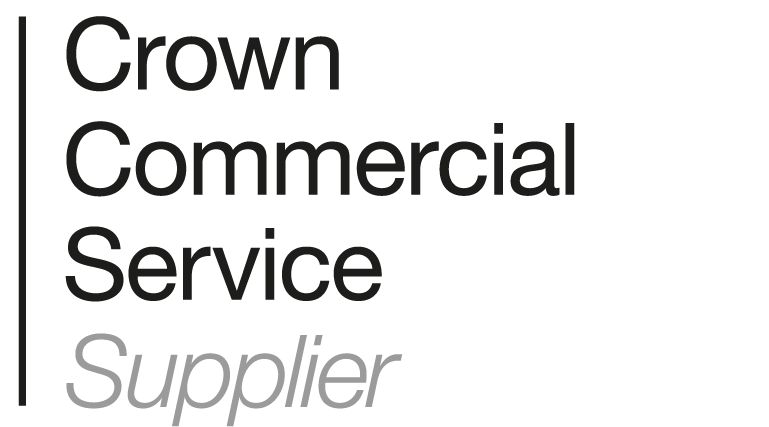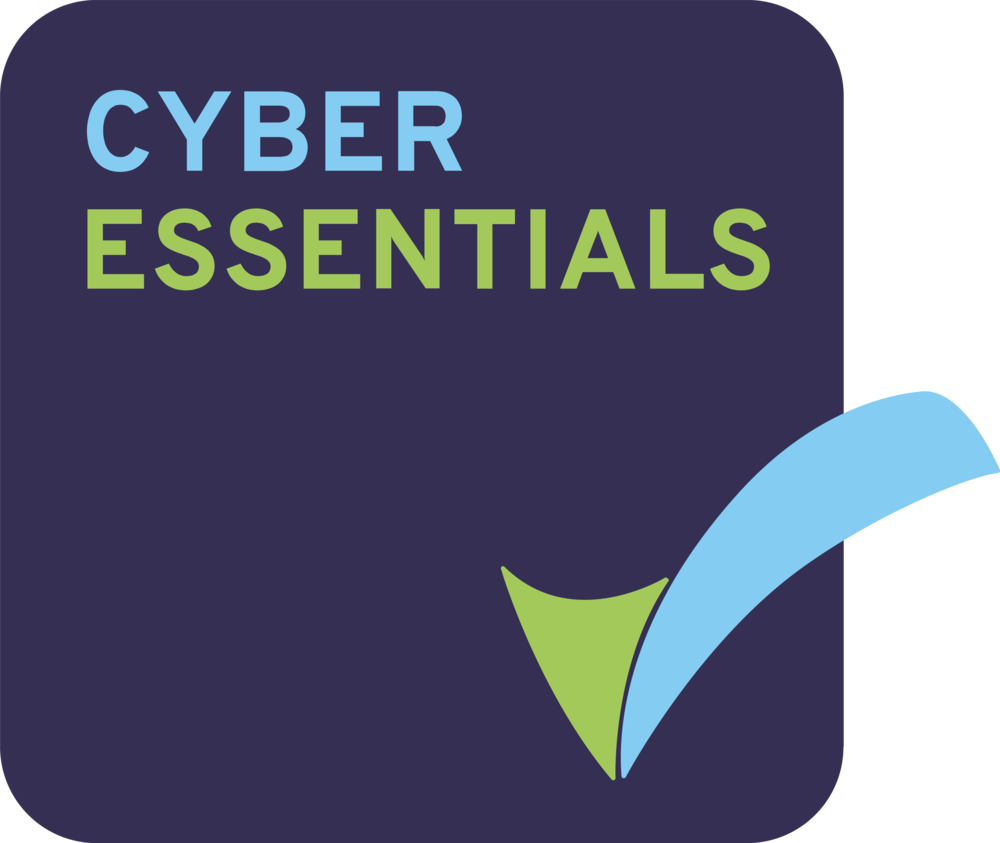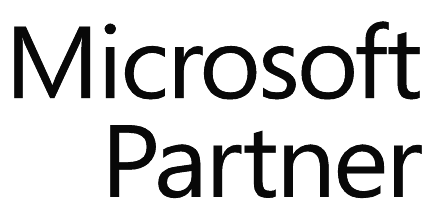Getting the most out of Workforce Management
Workforce management (WFM) systems are typically used in organisations dedicated to managing staff efficiently in order to meet service level agreements, avoid huge overtime expenditures and overstaffing. A significant number of contact centres across the UK have already deployed a WFM solution however in recent years workforce management technology has evolved substantially which means that not all organisations necessarily have access to the latest features or may be using them to best advantage.
We outline below five ways to get the most out of your workforce management technology.
1. Use it to schedule non-phone based interactions
When scheduling your workforce planning, take into consideration all of their skill sets in order to identify those that could potentially cover multiple contact types, such as emails, web chat, social media and SMS. The way customers interact with a brand has changed significantly over the years and it is imperative that organisations provide the customer with a high level of customer service, whatever channel for contact they use.
WFM can help identify agents’ skills and ensure the right staff is present and available at any given time across all the channels you have set up.
2. Allow your employees to self-service with Workforce Management
WFM offers employees the opportunity to login and effectively schedule their preferred working shifts, holidays, breaks and so on. WFM takes in consideration the organisational requirements and tries to align them with the employee’s preferences, ensuring that both are satisfied and optimised. Allowing top performers to pick and schedule their own shifts can be used as a performance incentive as well as increase overall agent engagement in the workplace.
3. Gamification within Workforce Management
Introduce team incentives through gamification which allow employees to take part in fun, game-like competition that boosts motivation and performance. Gamification utilises game mechanics to help drive employee engagement. It is a powerful way of stimulating the different dimensions employees interact with their work: commitment, competition and collaboration. Some workforce management tools can automatically keep track of pre-set targets and notify agents of goal achievement helping them take part and motivating them to stay on track.
4. Reduce Payroll administration and Improve Business Intelligence
The ability to connect your WFM system to payroll and time and attendance systems can prove instrumental in reducing admin time and labour intensive manual tasks. There are a number of third party applications that can help you maximise your system furtherby integrating with performance management and quality metrics which can improve forecasting and offer more meaningful insights on operational performance. Using WFM to collect useful data as well as for overall workforce planning efficiency, can greatly improve how you run and manage the overall contact centre.
5. Share with other departments
Workforce management allows organisations to collect and share data with other departments. For instance HR professionals can utilise the data to determine what kind of skill sets are missing and necessary for meeting objectives as well as what departmentsneed to grow or shrink.
Marketing departments might want information on volumes to plan their marketing activity and finance for budgets. Information collected through your WFM should be shared across departments for optimal results and effective planning. Make sure you are optimising your workforce management solution and utilising to its full potential to see positive change in your contact centre.
For more information on how to gain the most from your workforce management solution or how its implementation can benefit you, get in touch with the Business Systems team.






